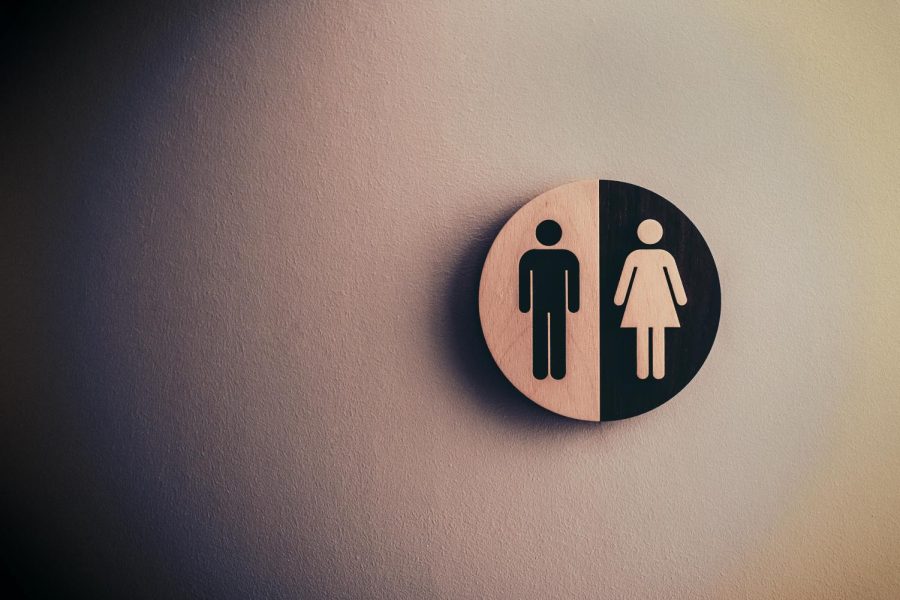How Does Sexism and Gender Identity Affect Students?
Some eighth-graders at Woodbury Middle School worry about the impact that sexism and gender identity discrimination may play in their lives.
April 28, 2022
WOODBURY — As American society advances, social acceptance grows. Teens and adults find the confidence to express themselves freely. But, even with acceptance today, there will always be those who are rather unaccepting.
Many people still hang onto past ideals, allowing these outdated ethics to mold their views on certain groups. Adolescents experience these shows of malice and oppression even at their young age. So the question now is: How is gender expression and sexism affecting the upcoming generation and those in schools?
Past ideals and morals have shaped people’s views on the roles each gender should play in society today, but we must emphasize that those are the past. These are decades old, and with our constantly developing society, we need to learn to expand our views beyond those past ideals and welcome new ones with the new generations.
Many have heard people toss around the phrase, “women belong in the kitchen.” Though not everyone will hear these words spoken directly to them, they may get other degrading remarks.
Maia Colavito and Katie Savulak, eighth-grade students at Woodbury Middle School, shared their own similar experiences.
“It wasn’t anything huge,” Colavito said. “Just things like, ‘Oh, you’re a girl, this is too hard for you,’ or, ‘You’re not tough enough for this.’”
“I told my grandma that I wanted to be an architect. … She smiled and said, ‘Don’t you want to be a princess?’” Savulak shared. “I was pretty offended.”
Oftentimes someone will not understand the meaning of their words, because like Savulak explained, her grandma grew up in a different time.
“You’d think that maybe she would have caught up a little bit,” Savulak said.
Boys interviewed shared no such experiences.
“I personally have never been affected because of my gender, but I have seen and heard of ways women are put at a disadvantage,” said an eighth-grade boy who wanted to remain anonymous. “I’ve heard girls being told they should stick to cooking in kitchens.”
Many of the girls interviewed shared their worries about job opportunities and the wage gap.
“There are also jobs where women work harder and longer hours and still get paid less than men,” eighth-grader Elly Ouellette said. “I won’t want to spend all my time at work and not with my family.”
With teens becoming more comfortable expressing themselves, they may meet a different kind of resistance.
“I am a transgender male,” an anonymous eighth-grade student shared, “and many things have gotten in the way of me even having the privilege of being comfortable. I have been told that I cannot use the restroom that corresponds with my gender identity.”
Students are becoming more open with their gender identity and expression, and not every school is prepared to offer what is needed to accommodate these students. Even small things make these students feel alienated.
“I identify as non-binary, and a lot of times when signing up for activities, they only have male or female, and sometimes I feel [excluded] from activities or other things,” said another anonymous student.
With social acceptance growing in America today, teens are becoming more open about their gender expression and identity. Openly LGBTQ+ teens struggle to fit in and feel comfortable in their regular life. Girls already recognize the disadvantages they will face and do face in our society.
“I think gender equality is needed,” eighth-grade Emily Thomas said. “I don’t want it; I need it.”


















